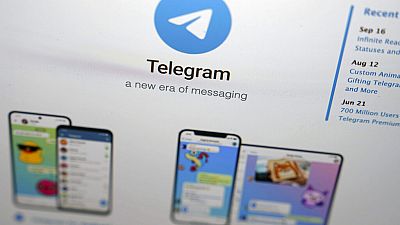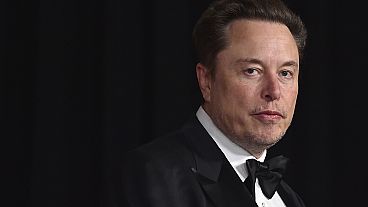By Simon Johnson
STOCKHOLM -Sweden's central bank hiked its key interest rate by 25 basis points to 0.25% on Thursday and flagged further increases ahead, joining a growing group of central banks tightening policy to curb surging inflation.
The Riksbank has been caught by surprise by price rises, which have climbed higher and proved more persistent than it forecast.
As recently as February, Swedish policy-makers had expected price pressures to be short-lived and that rate hikes would not be needed until 2024.
Now the Riksbank sees two or three more rate hikes this year and more to come in 2023.
"Prices are rising now across the board ... furniture, cars, coffee, bread," Governor Stefan Ingves told reporters. "When it comes to monetary policy in the coming years, it's all about getting the pace of inflation down to somewhere near 2%."
The policy shift brought the Riksbank roughly in line with market forecasts, but with inflation risks on the upside, rate-setters could be forced to move even more forcefully.
"In practice we expect policy-makers to tighten faster than they currently project," David Oxley, Senior European Economist at Capital Economics said.
The benchmark rate has not been in positive territory since 2014.
PERFECT STORM
Russia's invasion of Ukraine, which Moscow calls a "special military operation", has added upward pressure to prices, already on the rise due to the lingering effects of the pandemic, with inflation hitting its highest level in decades.
Inflation ran at 6.1% in March, far above the Riksbank's 2% target.
Some central banks, like the U.S. Federal Reserve and the Bank of England, have started hiking rates. Others, like the European Central Bank, are expected to follow suit.
But there are reasons to be cautious.
The war in Ukraine is clouding growth prospects, inflation is squeezing household spending power and higher mortgage costs are likely to hit consumption. There is little central banks can do about energy prices.
It is also unclear whether there has been a permanent shift in inflation- and rates - to much higher levels. Even with the forecast hikes, the real interest rate - borrowing costs minus inflation - should end up around 0%, Ingves said.
"It's not that we are putting on the brakes ... rather that we are easing up on the gas pedal," he said.
The Riksbank's balance sheet will also shrink this year.
The Swedish crown strengthened sharply after the Riksbank's announcement.



